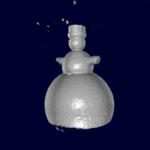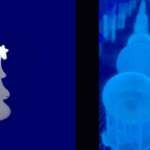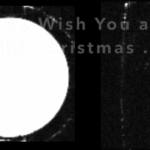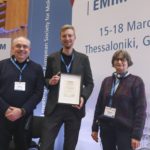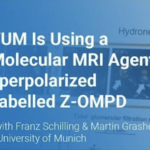📢 An interdisciplinary research team in the QuE-MRT project (“Revolutionizing cancer imaging through quantum technologies”) with the participation of the Technische Universität München has developed a quantum-based hyperpolarizer and successfully tested it in preclinical applications.
💡 QuE-MRT is a quantum technology lighthouse project funded by the German Federal Ministry of Education and Research (Bundesministerium für Bildung und Forschung).
The aim of the project is to significantly improve MRI imaging of metabolic processes in order to assess tumors earlier and more accurately, for example, and to improve the selection and monitoring of tumor therapies.
👉 On 24.10.2024, the annual meeting of the QuE-MRT research team led by Prof. Dr. Franz Schilling and his project team took place at TranslaTUM on the campus of the TUM University Hospital at the Klinikum rechts der Isar site.
The project partner NVision Imaging Technologies GmbH has now presented the first product developed in the project at the annual meeting – the preclinical quantum hyperpolarizer called “Polaris”, which is currently being used in the research laboratories of the Department of Nuclear Medicine. Spectacular MRI metabolic images were already taken in the first few days of Polaris’ use.
👉 In the QuE-MRT project, researchers, doctors, industrial partners and developers from the fields of medicine, physics, chemistry and engineering are now working closely together to optimize the quantum hyperpolarizer to such an extent that it can be used clinically on a large scale. The project team is also planning the first clinical studies for the diagnosis of cancer in 2026.
Partners involved in the QuE-MRT project: TUM Universitätsklinikum Klinikum rechts der Isar, NVision Imaging Technologies, Qruise, RAPID Biomedical GmbH, Siemens Healthineers, Universität Ulm, Universitätsklinikum Ulm, Universitätsklinikum Freiburg


